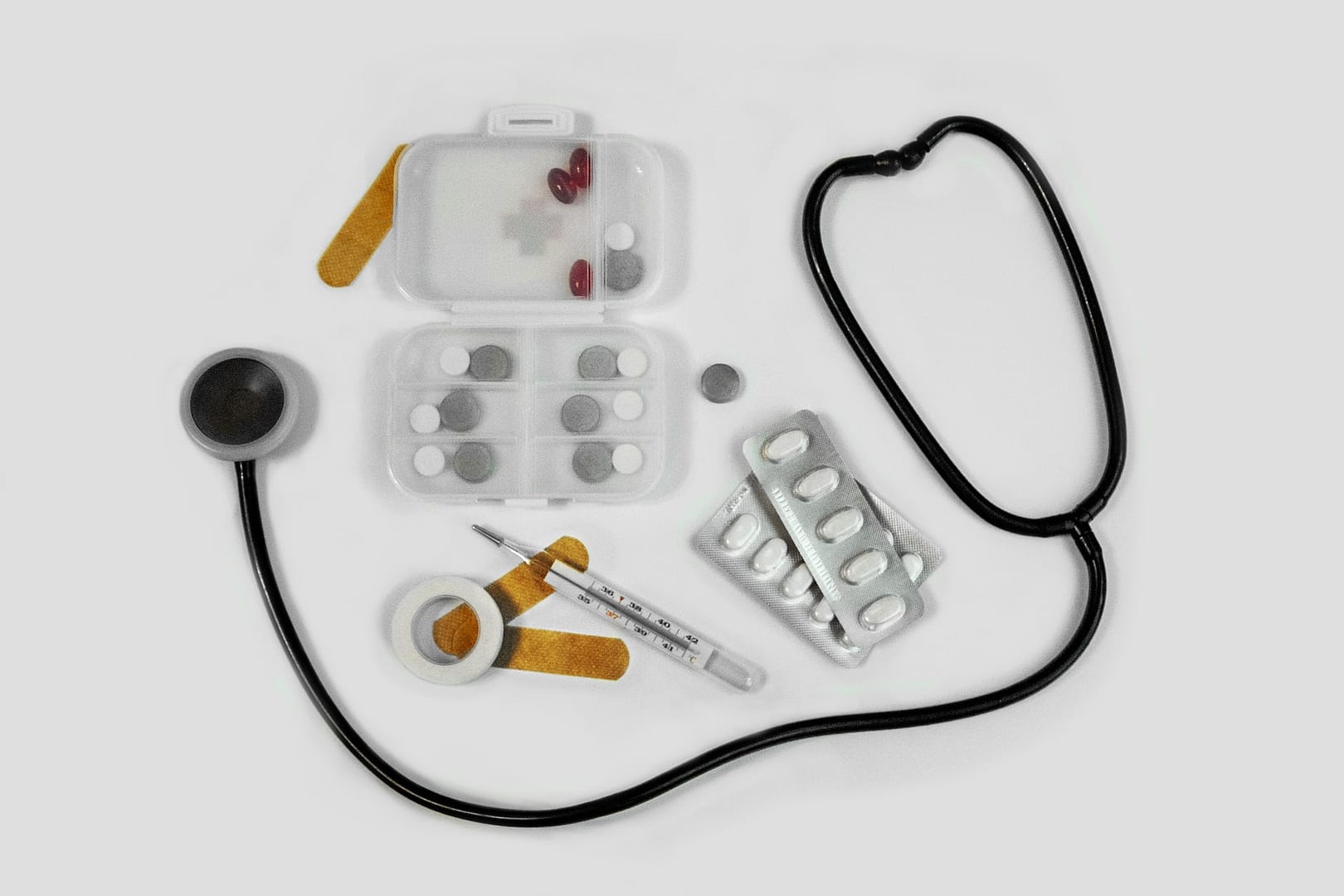In the realm of healthcare, patient well-being stands as the paramount concern. The notion of informed consent is a fundamental pillar of modern medicine, emphasising the importance of patients having a say in their own healthcare journey. However, the delicate balance between medical consent and clinical negligence can sometimes tip precariously, leading to complex ethical and legal quandaries. In this article, we delve into the intricacies of medical consent and clinical negligence, exploring the significance, implications, and real-world scenarios that highlight the multifaceted nature of these concepts.
The Foundation of Consent Negligence
Before we embark on this journey, it’s essential to understand what consent negligence entails. In the simplest terms, it refers to instances where a healthcare provider fails to obtain proper consent from a patient before administering treatment or performing a medical procedure. Consent is not merely a bureaucratic formality; it is a fundamental right, embodying the patient’s autonomy and their ability to make informed decisions about their healthcare.
In the United Kingdom, medical practitioners are bound by legal and ethical obligations to ensure that patients provide their informed consent before any treatment or procedure. The importance of this concept can hardly be overstated. Proper consent ensures that patients are aware of the potential risks, benefits, and alternatives associated with a particular course of action. It enables individuals to actively participate in decisions concerning their health, thus promoting a sense of agency and trust in the healthcare system.
However, when consent is either inadequately sought or outright disregarded, it can lead to grave consequences, resulting in allegations of clinical negligence. The spectrum of clinical negligence is broad, encompassing a wide range of medical malpractice scenarios. Clinical negligence, often referred to as medical malpractice, arises when a healthcare provider fails to meet the expected standard of care, causing harm to a patient. Within this spectrum, consent negligence serves as a distinct and compelling subset, shedding light on the complexities of patient-provider relationships in healthcare.
Consent in Clinical Negligence Claims
Informed consent is not merely the act of obtaining a patient’s signature on a form. It encompasses a multifaceted process. It involves disclosing relevant information, including the nature and purpose of the proposed treatment, potential risks and benefits, and available alternatives. It also necessitates a discussion of the patient’s medical condition, ensuring they comprehend the implications of their decisions. This process is indispensable in maintaining the principles of autonomy and self-determination, allowing individuals to make decisions that align with their values and preferences.
The Role of Capacity
A key element of consent is the patient’s capacity to make decisions. Capacity refers to a person’s ability to understand and retain the information relevant to a specific decision and to use that information to make an informed choice. It is essential to determine a patient’s capacity, especially in cases involving individuals with cognitive impairments, mental health issues, or minors.
Exceptions to the Consent Rule
While informed consent is the general rule in medical practice, there are certain exceptions in emergency situations. When immediate medical attention is necessary to save a patient’s life or prevent severe harm, healthcare providers may proceed without obtaining formal consent. However, these exceptions are limited and should be applied judiciously, with the patient’s best interests always at the forefront.
Legal Implications of Consent Negligence
The legal ramifications of consent negligence can be significant. When a patient believes their consent was inadequately obtained or completely ignored, they may pursue a clinical negligence claim against the healthcare provider involved. Such claims are typically resolved through civil litigation, and the outcome can have far-reaching consequences for both parties.
The Plaintiff’s Burden of Proof
In a clinical negligence case involving consent negligence, the burden of proof rests on the plaintiff, the patient. To succeed in their claim, the plaintiff must demonstrate that the healthcare provider failed to obtain proper consent, that they did not fully understand the risks, benefits, or alternatives to the treatment, and that this lack of informed consent resulted in harm. Proving these elements can be complex, requiring expert medical testimony and legal support.
The Role of Expert Witnesses
Expert witnesses play a crucial role in clinical negligence cases. In consent negligence cases, medical experts may be called upon to testify regarding the standard of care expected in obtaining consent, as well as the specific circumstances of the case. Their testimony can greatly influence the outcome of the case and shed light on whether the healthcare provider deviated from the expected standard.
Potential Outcomes
If a court determines that consent negligence occurred, the plaintiff may be entitled to compensation for the harm they suffered. This compensation can encompass medical expenses, lost wages, pain and suffering, and more. In some cases, it may also lead to disciplinary actions against the healthcare provider involved, potentially affecting their professional reputation and ability to practise medicine.
Preventing Consent Negligence
The prevention of consent negligence is a shared responsibility between healthcare providers, patients, and the legal system. Here are some measures that can help minimise the occurrence of consent negligence:
Thorough Patient Education
Healthcare providers must ensure that patients are well-informed about their treatment options, including potential risks and alternatives. Patients should be encouraged to ask questions and seek clarification on any aspect of their care that is unclear to them.
Documentation and Record-Keeping
Thorough and accurate documentation of the consent process is vital. Healthcare providers should maintain detailed records of the discussions and decisions made during the informed consent process. This documentation serves as a critical legal safeguard in the event of a dispute.
Continuous Training and Education
Healthcare providers and their staff should receive ongoing training in the principles of informed consent and patient communication. Staying updated with the latest guidelines and legal requirements is essential to ensure that consent is obtained correctly and ethically.
Ethical Considerations
In addition to the legal aspects, there are profound ethical considerations surrounding informed consent. Healthcare providers must approach consent as not just a legal obligation but as a fundamental element of patient-centred care. Respecting patients’ autonomy and ensuring that they are active participants in their healthcare decisions are integral to building trust and maintaining the doctor-patient relationship.
Patient Empowerment
Empowering patients to actively participate in their healthcare decisions is essential in preventing consent negligence. Healthcare providers should create an environment where patients feel comfortable expressing their concerns and preferences. A transparent and open dialogue can significantly reduce the risk of consent-related disputes.
Legal Safeguards
From a legal perspective, healthcare providers should have robust policies and procedures in place to ensure the proper acquisition of informed consent. This includes maintaining a standard informed consent form, conducting regular staff training, and implementing a system for documentation and record-keeping. These safeguards not only protect the provider but also enhance patient safety.
Clear Communication
Effective communication is at the core of obtaining proper consent. Healthcare providers should use plain language, free of medical jargon, to explain treatment options and associated risks to patients. Encouraging questions and active engagement can help ensure that patients fully understand their choices.
Making a Clinical Negligence Claim with National Claims
Here at National Claims, we understand the importance of seeking justice and compensation when clinical negligence, including consent negligence, has caused harm to individuals. We are committed to helping victims navigate the legal complexities involved in clinical negligence claims and ensuring that their rights are protected. If you or a loved one have experienced consent negligence or any form of medical malpractice, here’s how we can guide you through the claims process.
Initial Consultation
The journey towards a clinical negligence claim often begins with an initial consultation. Our experienced legal team will listen to your story, gather information about your case, and assess its merits. We understand that every case is unique, and we approach each one with the utmost professionalism and sensitivity.
Case Evaluation
Once we have gathered the necessary information, we will conduct a comprehensive evaluation of your case. This involves reviewing medical records, consulting with experts, and assessing the potential strength of your claim. Our goal is to provide you with a clear understanding of your legal options and the likelihood of success.
Legal Representation
Should we decide to take on your case, you will have the dedicated support of our legal team throughout the entire process. We will represent your interests, advocate for your rights, and work tirelessly to achieve the best possible outcome for you.
Building Your Case
Our team of legal experts will collaborate with medical professionals and other specialists to build a robust case on your behalf. We will gather evidence, interview witnesses, and prepare for legal proceedings, ensuring that your case is thoroughly documented and well-supported.

Conclusion
At National Claims, we are committed to assisting individuals who have suffered harm due to clinical negligence, including cases involving consent negligence. We understand the complexities and sensitivities of these cases and are dedicated to providing you with the guidance, support, and legal representation you need. Our mission is to help you seek justice and fair compensation, ensuring that your rights are protected throughout the process.
In a world where healthcare decisions can be daunting and medical procedures complex, the principles of informed consent and patient-centred care remain essential. By understanding the intricacies of consent negligence, we can collectively strive to create a healthcare system that respects patients’ autonomy, safeguards their well-being, and ensures that their voices are heard in their healthcare journeys.
Contact us to get started on your claim and speak to one of our claims specialists.
Click below to see why we are one of the most trusted claims management companies in the UK.

We’re proud of our excellent customer reviews
We thrive on delivering exceptional service and ensuring our clients’ satisfaction. Don’t just take our word for it. Check out some of our independent reviews to see what our clients have to say.
Excellent

This firm is excellent, they sorted out my car pay out and injury claim very fast, they always communicate with you all the time.

My accident case was dealt with confidence and with great result of the outcome, especially James kept me informed all the time.

I was very impressed at the way my inquiry was treated. I was listened to attentively and everything I needed to know was explained to me.






